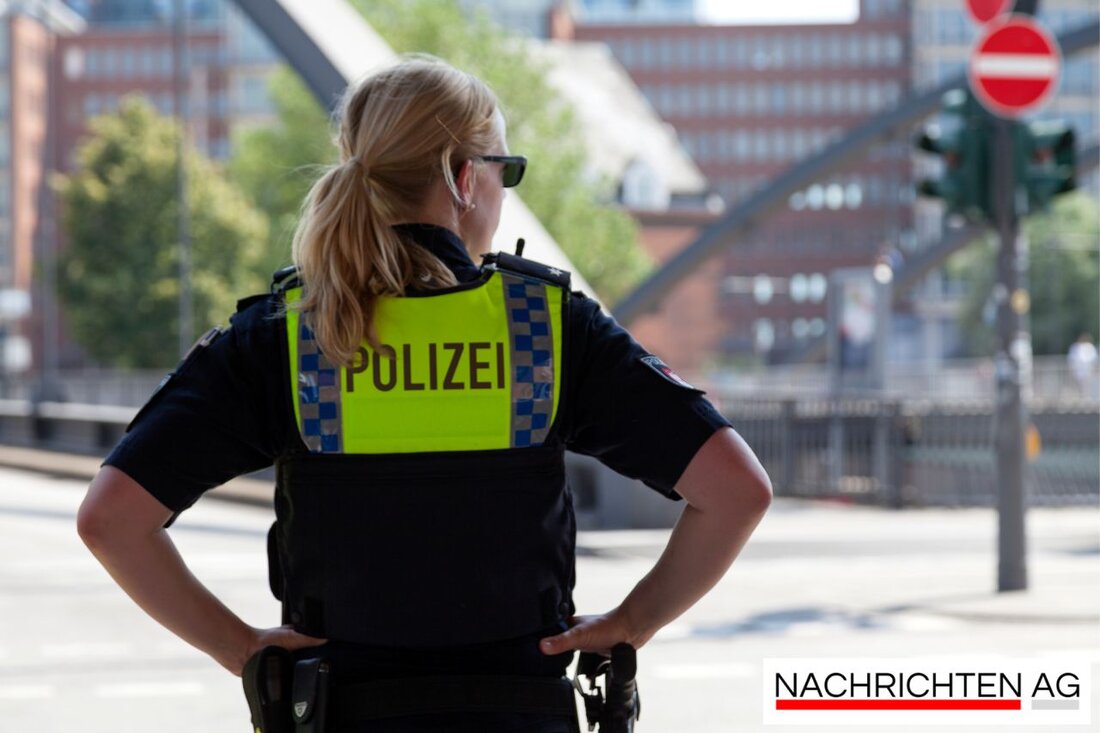Islands of light required: Munich is fighting against drugs and insecurity!
Increasing safety concerns and social policy measures in Munich's Maxvorstadt: demands for better lighting and hygiene.

Islands of light required: Munich is fighting against drugs and insecurity!
The situation around Munich Central Station and the Old Botanical Garden is currently causing increasing concern among residents and business owners. More and more complaints about the situation there are making the rounds. Residents report an increasing presence of homeless people and drug addicts who not only seek refuge in building entrances and underground car parks, but also sometimes behave aggressively. Trash and filth in the area is also increasing, increasing citizens' concerns that this area could become a social hotspot, unsettling both locals and tourists. The local SPD has now submitted an application to the Maxvorstadt district committee to increase security in the region and take measures against garbage and vandalism. In particular, politicians are calling for improved night-time lighting at the Hauptbahnhof Nord tram stop in order to increase people's sense of security. This initiative is part of a larger series of applications aimed at improving safety and cleanliness around the Central Station and the Old Botanical Garden, such as the tz reported.
The situation is not only local, but reflects a nationwide phenomenon. Drug use in public spaces is a big issue in many cities in Germany, including Munich. Train stations, parks and other public spaces in particular are often affected by this problem. Experts emphasize that the connection between drug use and homelessness is alarming, with around one in four homeless people suffering from an addiction. Minister Klara Geywitz recently convened a technical meeting on the topic of “Public space and drug consumption” in order to develop concepts for designing a safe public space. It is important not to stigmatize users but to offer them help. Cities such as Cologne and Hamburg share their experiences and challenges in addressing this issue, with specific measures already in place to improve public spaces, according to a report by the BMWSB emerges.
Public safety and drug use
Particularly in urban areas, public drug consumption represents one of the key challenges that need to be overcome. A study by the Institute for Addiction Research shows that specific risks often come from groups of alcoholic men and less from drug addicts. The study also makes it clear that society's approach to open drug scenes is changing. In recent decades there has been a shift from repressive to pragmatic solutions. Drug consumption rooms are one such measure that are already helping to relieve public space in many cities and enable safe consumption. However, these approaches are not without controversy as they also open up space for discussions about safety and hygiene. The need for low-threshold consumption places and access to opioid substitution is repeatedly pointed out in order to help those affected etc reported.
The challenges are diverse and a comprehensive solution requires the cooperation of different institutions, including drug services, police and municipal institutions. What is clear, however, is that the concerns of citizens must be responded to. Only through targeted measures such as better lighting, more cleanliness and an increased focus on social support can we improve the quality of life in Munich and at the same time create a safe environment for everyone.

 Suche
Suche
 Mein Konto
Mein Konto